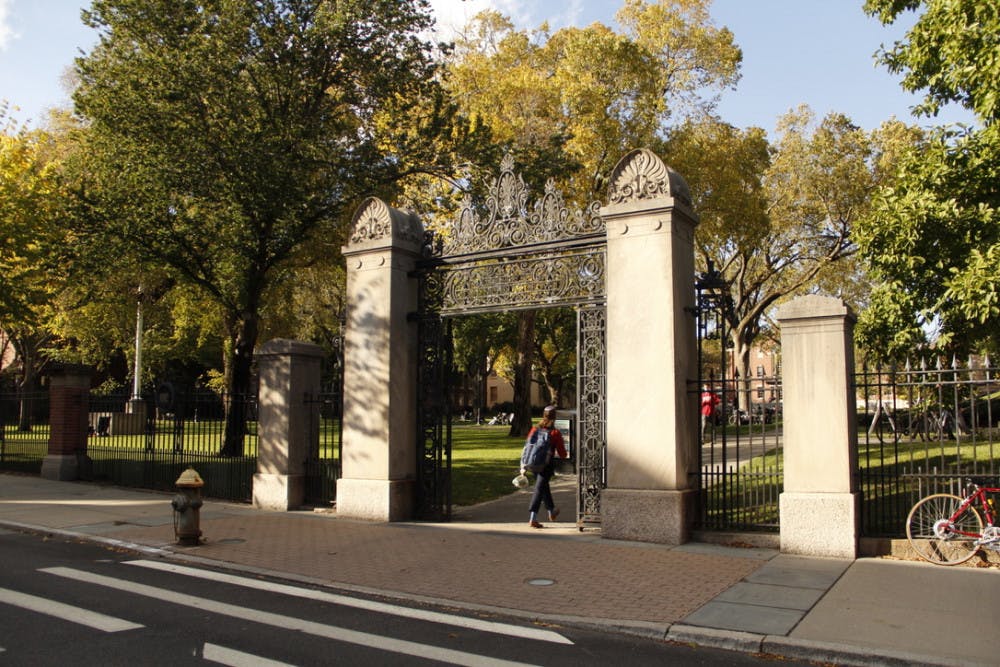The University filed a Nov. 23 amicus brief to encourage a federal court to block President Trump’s Sept. 22 executive order, which intends to combat “race and sex stereotyping and scapegoating.”
The executive order prevents federal contractors — a category which includes colleges and universities receiving federal funding — from teaching “divisive concepts” related to issues of sex or race.
The University joined seven other universities in filing the brief in Santa Cruz Lesbian and Gay Community Center et al. v. Trump et al., a California court case challenging the executive order’s constitutionality on the basis of freedom of speech. The brief offers additional arguments and facts in the case that directly pertain to general university functions, arguing that the order will have a detrimental effect on universities nationwide.
A federal court hearing on the motion for a preliminary injunction filed by the plaintiffs is set for Dec. 10.
The executive order states that “many people are pushing a different vision of America that is grounded in hierarchies based on collective social and political identities rather than in the inherent and equal dignity of every person as an individual.”
Examples of “divisive concepts,” according the executive order, include those that imply that one sex or race is inherently better than another, that the United States is “fundamentally racist or sexist” or that meritocracy is racist or sexist. Federal contractors who violate these rules would risk losing federal funds.
The University holds that the executive order is unconstitutional because it violates the First Amendment’s protections against the government’s regulation of speech, according to a Nov. 23 press release. The order “purports to dictate the content of diversity and inclusion trainings that amici, as federal contractors, provide on campus,” the amicus brief states.
Additionally, the amicus brief argues that “the order imposes vague and intrusive requirements” that would force universities to decide between guarding academic freedoms and continuing trainings on issues of race and sex, or protecting federal funding needed for cutting-edge research.
“There are consequences well beyond university campuses as well,” University Spokesperson Brian Clark wrote in an email to The Herald, pointing to how the order threatens federally funded research conducted at the University that “provides immense benefits to American innovation and economic development.”
The University is also concerned about how the order would impact the future of free speech on campus. “In regulating how ‘divisive concepts’ are explored on campuses,” Clark wrote, “the impact would be a chilling effect on campus speech — the fundamentally important need in higher education to welcome a broad diversity of viewpoints to speak freely on complex issues, including on race and gender.”
The other universities that filed the amicus brief are Boston University, Brandeis University, Dartmouth, Harvard, Stanford University, Tufts University and the University of Michigan.
“Freedom of expression is an essential component of academic freedom, which protects the ability of universities to fulfill their core mission of advancing knowledge,” Clark wrote. “We are strengthened by the expression of a full range of views on difficult and even divisive issues.”

ADVERTISEMENT




